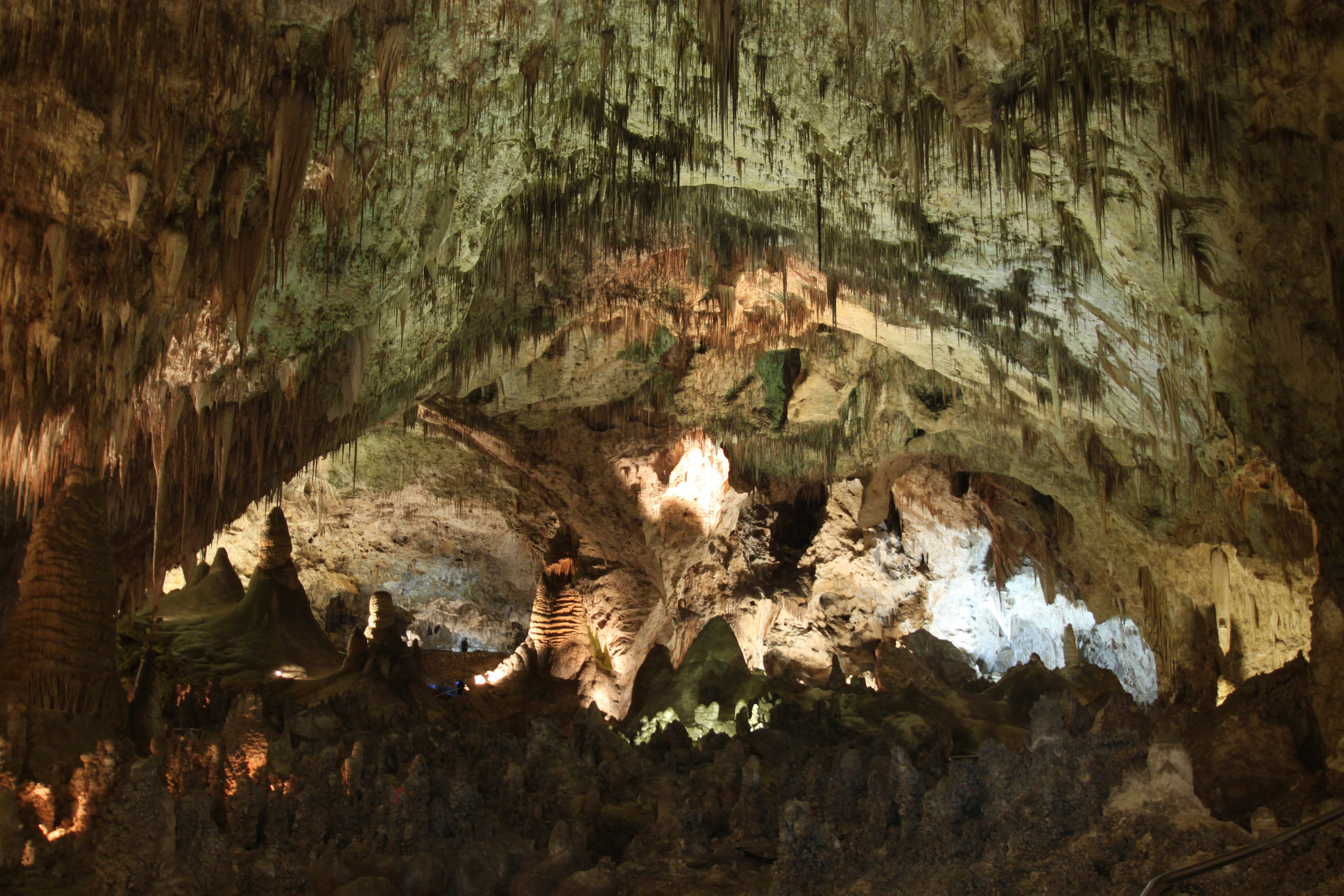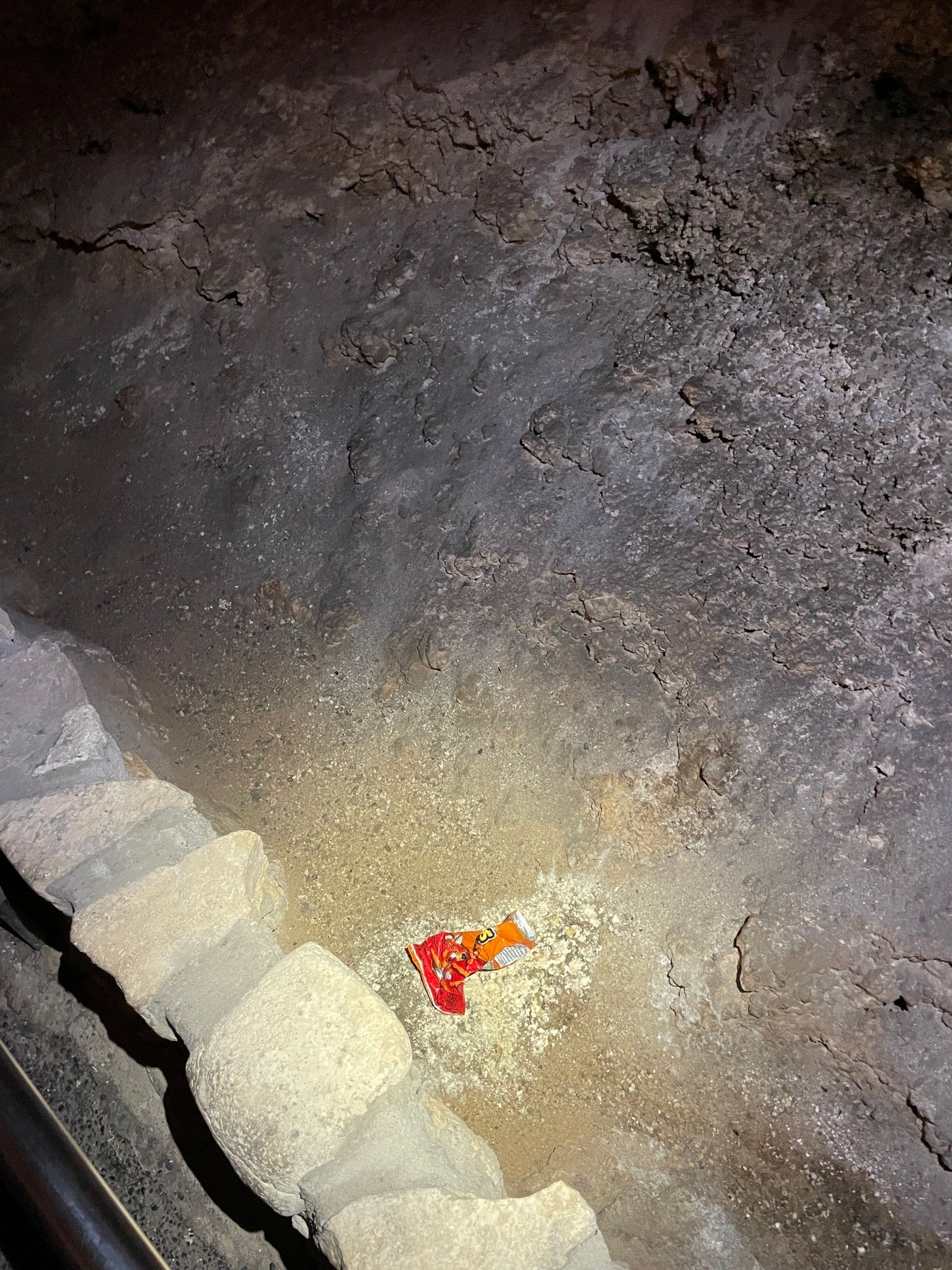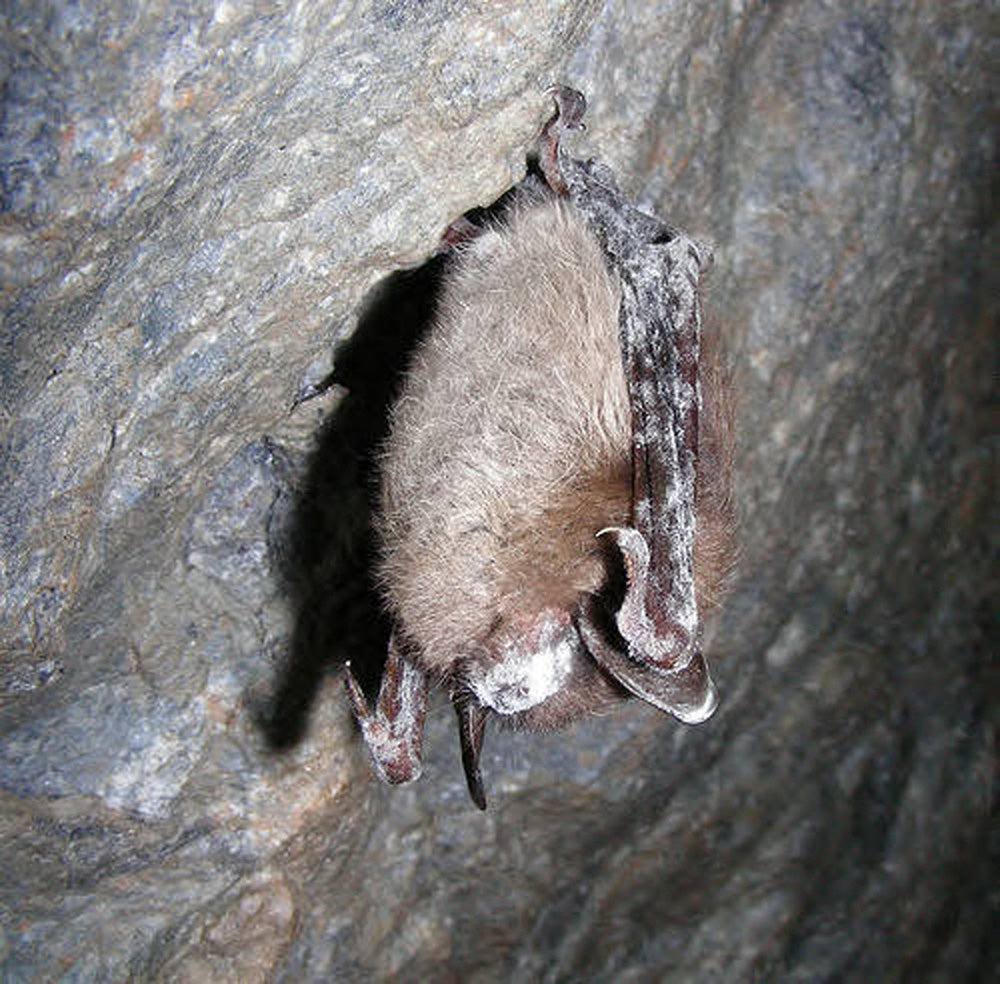How a discarded bag of Cheetos is threatening a cave’s delicate ecosystem, home to bats and insects
Staff at Caverns National Park in New Mexico scorned the unknown visitor and warned how the Cheetos bag could ‘have a huge impact’ on the bat and insect population

Your support helps us to tell the story
From reproductive rights to climate change to Big Tech, The Independent is on the ground when the story is developing. Whether it's investigating the financials of Elon Musk's pro-Trump PAC or producing our latest documentary, 'The A Word', which shines a light on the American women fighting for reproductive rights, we know how important it is to parse out the facts from the messaging.
At such a critical moment in US history, we need reporters on the ground. Your donation allows us to keep sending journalists to speak to both sides of the story.
The Independent is trusted by Americans across the entire political spectrum. And unlike many other quality news outlets, we choose not to lock Americans out of our reporting and analysis with paywalls. We believe quality journalism should be available to everyone, paid for by those who can afford it.
Your support makes all the difference.A visitor who threw away a bag of Cheetos in a cave might have had a “world changing” impact on the wildlife in its delicate ecosystem, a national park has warned.
Staff at Carlsbad Caverns National Park in New Mexico scorned the unknown visitor who discarded the Cheetos pack in the Big Room – the largest single cave chamber by volume in North America – and warned it could “have a huge impact” on the bat and insect population that live there.
“Incidental impacts can be difficult or impossible to prevent. Like the simple fact that every step a person takes into the cave leaves a fine trail of lint. Other impacts are completely avoidable. Like a full snack bag dropped off-trail in the Big Room,” they said in a statement on social media.
“To the owner of the snack bag, the impact is likely incidental. But to the ecosystem of the cave, it had a huge impact.”
The ecosystem in the caverns is incredibly fragile. Even the most considerate visitors can still shed hair and skin fragments, which can have their own microbes on board and disrupt the habitat.

The park said the processed corn of the Cheetos triggered the growth of mold on the cavern floor and on nearby cave formations that were not part of its natural ecosystem.
“Cave crickets, mites, spiders and flies soon organize into a temporary food web, dispersing the nutrients to the surrounding cave and formations. Molds spread higher up the nearby surfaces, fruit, die and stink. And the cycle continues,” they explained.
Park rangers, armed withs gloves, trash bags, and even bamboo toothbrushes and tweezers for hard-to-reach spots, spent 20 minutes removing the mold from the cave surfaces to protect the ecosystem. “At the scale of human perspective, a spilled snack bag may seem trivial, but to the life of the cave it can be world-changing,” rangers warned.
Carlsbad Caverns is home to 17 species of bat, including the Brazilian free-tailed bat that has so far avoided white-nose syndrome – a fungal disease that has led to the collapse of some bat colonies in the US.
Bat numbers at the park have ranged between 400,000 and 800,000 over the years. The bats draw in crowds at the park when they take flight during the spring through to the fall.

In a follow-up post, the park said its cave attraction – which during peak season attracts as many as 2,000 people a day – was “not a big trash can. Even still, rangers walk the trails at the end of every day and pick up waste left behind. Sometimes this can be a gum wrapper or a tissue, other times it can, unfortunately, mean human waste, spit, or chewing tobacco.”
The park urges people not to drop any trash along the trails and to use the designated bathrooms it provides.
Fans of the national park shared the rangers’ outrage at the person who littered. “If you don’t care at all about ecosystem and consequences then stay in your home,” one person commented on the post.
“Why do people think this is ok? When I was there walking through the cave, a man in the group ahead of us vaped the whole time,” another said. “I just cringed thinking about what that smoke and chemicals would do to the cave environment.”
Diana Northup, a microbiologist who has spent years studying the world’s cave environments, said human contamination in caves can range from being “really, really bad” or it can “just be us and all the stuff we’re shedding.”
“But here’s the other side of the coin: The only way you can protect caves is for people to be able to see them and experience them,” she said.
“The biggest thing is you have to get people to value and want to preserve the caves and let them know what they can do to have that happen.”
Join our commenting forum
Join thought-provoking conversations, follow other Independent readers and see their replies
Comments